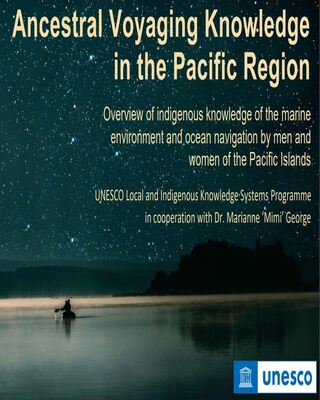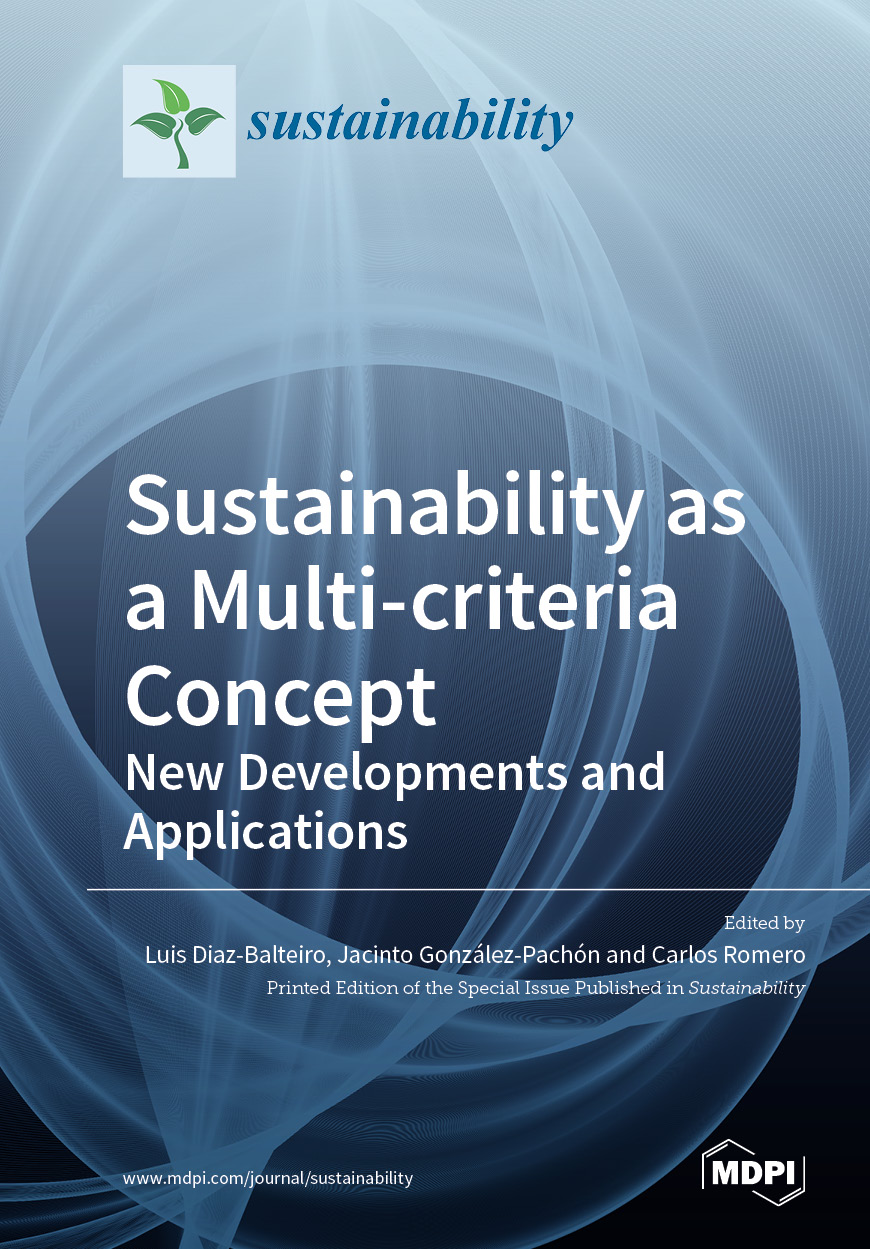Knowledge Hub
Mainstreaming Gender into ABS Value Chains: Gender Toolkit
2019
Publisher/Organisation: United Nations Development Programme
The UNDP-GEF Global Access and Benefit Sharing (ABS) Project´s gender toolkit helps ABS professionals in the design of gender-responsive interventions to accelerate gender equality and women's empowerment while at the same time advancing progress on access and benefit sharing. This user-friendly analytical framework features context, analysis, case studies and lessons learned to identify entry points to design gender smart and ABS value chains.
Technology and Tradition Save Lives from Flash Flood Disasters in the People’s Republic of China
2022
Author(s): Asian Development Bank
Forecasting and early warning are considered the most effective measures to save lives and reduce the damage from flash floods. In the People’s Republic of China, an ADB project combines tradition and technology to prevent flash flood-induced disasters. Part 2 of this video series shows how community-based disaster response builds on high-tech monitoring to ensure collaboration and accountability among citizens.

The Canoe Is the People: Indigenous Navigation in the Pacific
2021
Author(s): United Nations Educational, Scientific and Cultural Organization
AVK is a key tool for helping younger people prepare for a new future. AVK contributes to cultural resilience, education, livelihoods, heritage management and resilience for Small Island Developing States (SIDS). The ocean is changing rapidly with climate impacts and loss of biodiversity pose major threats to the Pacific SIDS.

Reef and Rainforest Environmental Encyclopedia of Marovo Lagoon, Solomon Islands
2005
Author(s): United Nations Educational, Scientific and Cultural Organization
The bilingual publication: Reef and Rainforest: an Environmental Encyclopedia of Morovo Lagoon, Solomon Islands, proposes a voyage of discovery into the lives of the Marovo people. Written first and foremost for the use of the Marovo people, many wise elders of the villages and other local experts on reef and rainforest provided, checked, verified and expanded the names and stories contained in this encyclopedia. Available as a book and as a wiki, the project is a practical demonstration of how educational material in vernacular language fosters transmission and development of indigenous environmental knowledge across generations.
The State of the World’s Indigenous Peoples is the result of a collaborative effort, organized by the Secretariat of the United Nations Permanent Forum on Indigenous Issues. The Chapters were written by independent experts. This publication discussed many of the issues addressed by the Declaration on the Rights of Indigenous Peoples. It is divided into seven chapters, based on the six mandated areas of the Permanent Forum on Indigenous Issues, in addition to chapters on emerging issues.
State of the World's Indigenous Peoples: Indigenous Peoples' Access to Health Services, Vol II
2016
Author(s): United Nations
This publication sets out to examine the major challenges for indigenous peoples to obtain adequate access to and utilization of quality health care services. It provides an important background to many of the health issues that indigenous peoples are currently facing. Improving indigenous peoples’ health remains a critical challenge for indigenous peoples, States and the United Nations.
Indigenous peoples have begun a re-conceptualization of educational processes, emphasizing indigenous languages, spiritual beliefs, values, community involvement and connection to land, territories and resources. However, the process of achieving systemic change in education-related legislation and governance, human resources, curricula, materials and assessment, based on indigenous goals and aspirations, requires time, effort and resources. Hence, there is a critical need both for national and international support and for capacity-building to ensure that academics and professionals, especially among indigenous peoples, can act as leaders in effecting this significant paradigm shift.
State of the World's Indigenous Peoples: Implementing the United Declaration on the Rights of Indigenous Peoples, Vol IV
2019
Author(s): United Nations
On 13 September 2007, the United Nations General Assembly adopted the United Nations Declaration on the Rights of Indigenous Peoples. The adoption of the Declaration marked the culmination of decades of struggle among indigenous peoples for a universal framework establishing minimum standards to ensure the survival, dignity and well-being of the indigenous peoples of the world. Since the adoption of the Declaration, there has been progress at the international, regional and national levels towards achieving the rights of indigenous peoples. The Declaration has informed and influenced the adoption of laws, policies, judicial decisions and operational guidelines that respect and uphold the rights of indigenous peoples. However, progress has been uneven and variable within and between countries and regions.
Safeguarding Lepcha and Limbu cultural values and worldviews for conservation and sustainable development in the Eastern Himalayas, India
2021
Author(s): Lepcha ET, Gurung N, Rastogi A, Swiderska K
This case study in India focused on the Lingsey and Lingseykha communities in Kalimpong District, northern West Bengal, to build on previous action research conducted through the Smallholder Innovation for Resilience project. It recommends ensuring local biodiversity management committees include Indigenous representatives to allow them to establish rules for collective resource management, building on their customary laws and values.

Indigenous Peoples' Food Systems and Biocultural Heritage: Addressing Indigenous Priorities Using Decolonial and Interdisciplinary Research Approaches
2022
Author(s): Swiderska K, Argumedo A, Wekesa C, Ndalilo L, Song Y, Rastogi A, Ryan P
The paper presents a decolonial and interdisciplinary framework for action-research on Indigenous food systems past and present, from farm to plate, drawing on the virtual workshops, Andean decolonising methods and historical approaches. It concludes that decolonising action-research, led by Indigenous Peoples, is urgently needed to reverse the rapid loss of food-related biocultural heritage.



